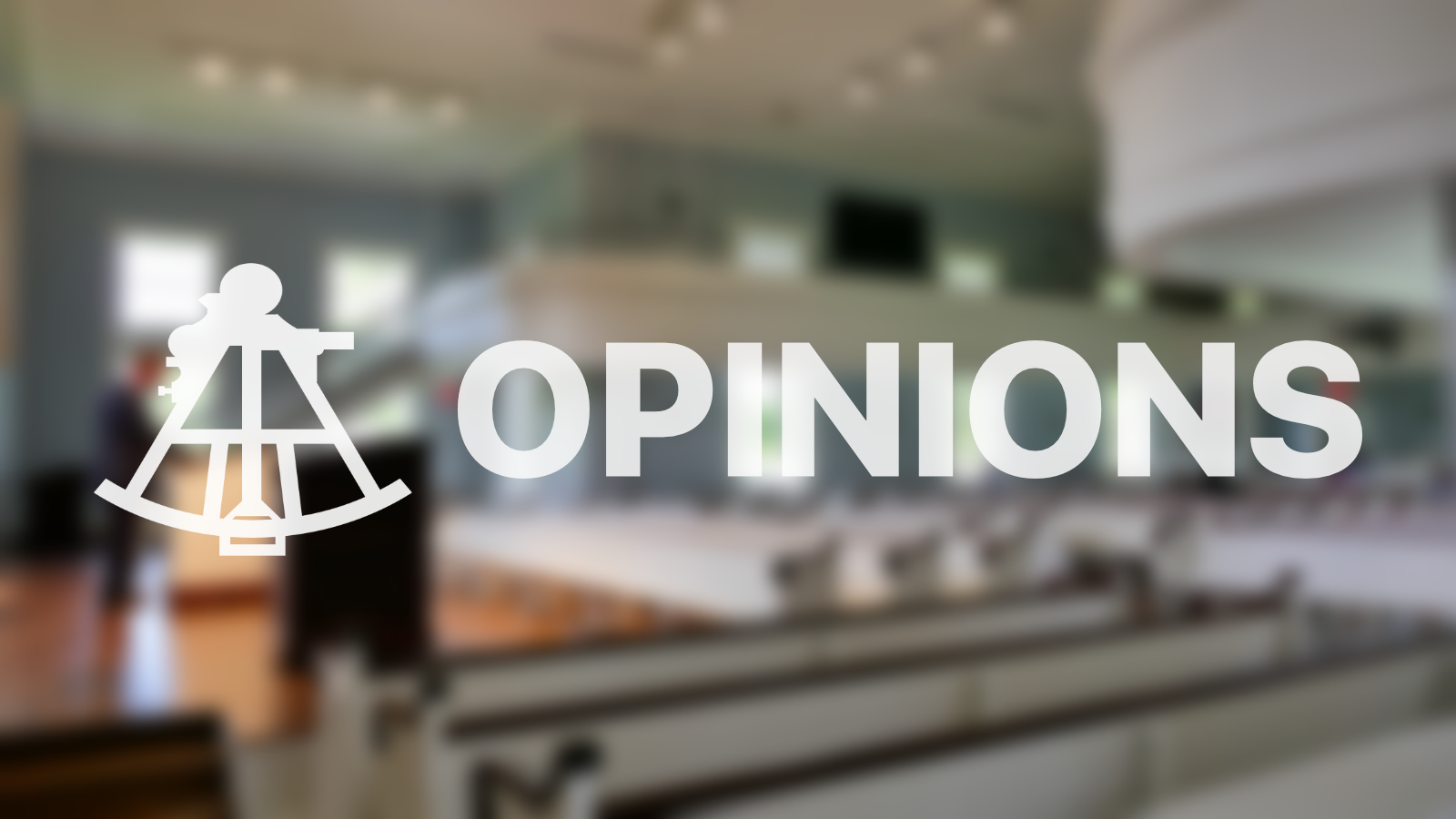While the vaccine rollout has picked up significantly in the last few months, there are still many facets of the operation that the government can improve on. Biden blew past his goal of 100 million vaccines given in his first 100 days and that number has risen to 220 million so far. One of Biden’s core promises on his campaign was to improve vaccine distribution, and in the first few days of his presidency, he prioritized getting more vaccines across the country. One of the main reasons Biden was able to increase vaccinations across the country was the early-March release of the J&J vaccine. Following the short distribution pause in April due to concerns about rare instances of blood clotting, the J&J vaccine is back to being distributed across the country which is a huge reason for the increased number of vaccinations. One crucial reason that the J&J vaccine is important, is that it is a one shot only vaccine, different from Moderna and Pfizer which eliminates the issue of some people not returning to their second vaccination. The US has lagged behind other countries with relation to percentage of vaccinated persons, with countries like Israel (60% vaccinated) leading the way. The US (with 32.8% of the country fully vaccinated) has gained ground on the UK and surpassed France, Chile and Hungary.
Vaccine distrust has slowed the pace of vaccinations. In a recent poll conducted by NPR, 1 in 4 persons say they would turn down a vaccine if offered one. One way the government could combat this fear is by holding educational town halls or other events to convince groups that are hesitant, to get their vaccine. Studies have shown that the Covid-19 vaccines are some of the most effective and safe vaccines created, and hopefully, the government can work to end the distrust of the vaccine and get more eligible people vaccinated. One way they can do this is by continuing to normalize getting vaccinated and having community leaders step up and promote vaccinations. As we saw during the NFL Draft, multiple times they mentioned the advantages of getting the vaccine and showed a glimpse as to what life can return to if the majority of people become vaccinated.
In addition, social media disinformation campaigns have further fueled vaccine hesitation and skepticism. In a recent interview, Facebook vice president of global business, Carolyn Everson, said that the company is taking “aggressive measures” to remove vaccine misinformation, noting that the company has taken down over 2 million related posts since February. In March 2020, Facebook launched a Covid-19 Information Center, which initially to give accurate information about the virus, but has since transitioned to a hub of information related to the vaccine. If the government wants to continue the trend of getting people vaccinated, other companies and social networks, such as Instagram, Tik Tok and Twitter need to follow Facebook’s lead and continue to crack down on misinformation campaigns and increase the number of posts related to accurate information about the vaccine. By giving users easy access to information related to the vaccine it will increase trust within the nation and lead to more residents becoming vaccinated.
By lowering distrust of the vaccine, the United States can begin to look towards a pre-covid normal sooner than many think. While there is still a long way to go, by fixing these issues and continuing to roll out vaccines at a high rate, there is light at the end of the tunnel.






